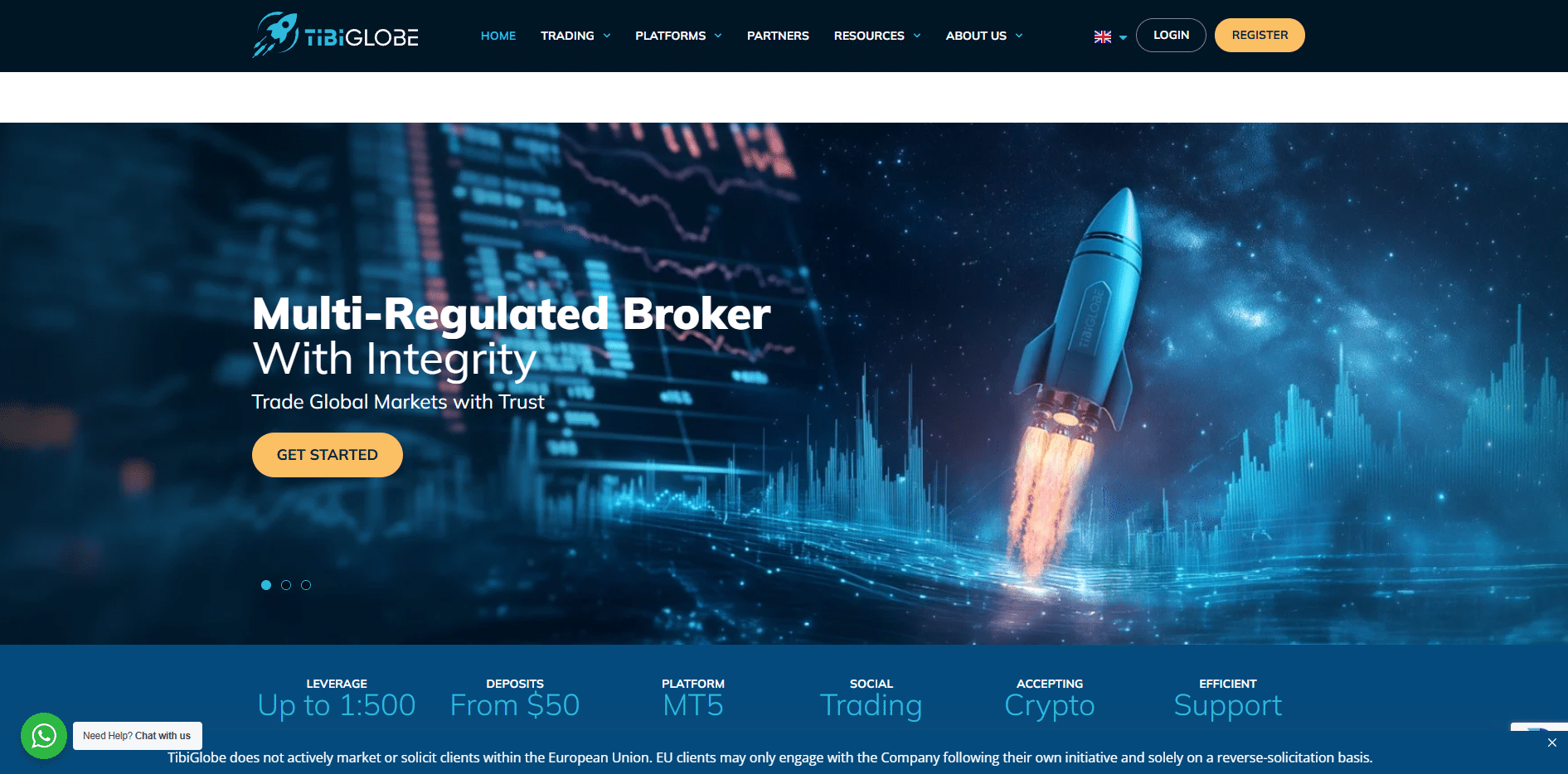Profile
Stratton Markets is an offshore CFD broker that has previously operated under F1Markets Ltd, a CySEC-regulated entity. However, as of 2025, Stratton Markets no longer operates under EU regulation and is currently unregulated. The brand has attracted scrutiny from European regulators and has largely ceased promotion in regulated jurisdictions. This Stratton Markets review examines its regulatory status, trading model, platform access, and client protections — or lack thereof.
Regulation and Security
Stratton Markets is no longer regulated by the Cyprus Securities and Exchange Commission (CySEC). Its previous operator, F1Markets Ltd (Licence No. 267/15), had its license withdrawn in 2021.
As of 2025, the broker operates without oversight from any major financial authority. Clients do not benefit from protections such as:
- Segregated client funds
- Negative balance protection
- Investor compensation schemes (e.g., ICF or FSCS)
Trading with Stratton Markets now involves significant counterparty risk due to its unregulated status and lack of legal recourse in most jurisdictions.
Execution Model
Stratton Markets operates a market maker model, acting as the principal counterparty to client trades. Execution is managed internally without access to deep interbank liquidity or STP/ECN routing.
This model allows control over pricing and slippage but introduces inherent conflicts of interest, as the broker profits when clients lose. No transparency is offered on execution quality or order routing practices.
Trading Platforms
The broker historically offered access to:
- MetaTrader 4 (MT4): With standard charting, Expert Advisor support, and indicators
- WebTrader: A proprietary browser-based platform for basic CFD trading
However, platform access may vary by region and is no longer actively maintained. Traders are advised to confirm platform availability directly before attempting to register or deposit.
Supported Markets
Stratton Markets provided CFD trading on a limited range of instruments:
- Forex: EUR/USD, GBP/JPY, USD/CHF and other majors/minors
- Indices: S&P 500, DAX, FTSE 100
- Commodities: Gold, crude oil, silver
- Stocks: Tesla, Apple, Amazon (via CFD)
- Crypto: BTC/USD, ETH/USD (variable leverage)
Product coverage was basic and offered without any physical ownership — all trades were settled as leveraged derivatives.
Account Types and Trading Conditions
Previously, Stratton Markets operated a tiered account structure with rising deposit thresholds:
- Basic Account
- Silver, Gold, Platinum Accounts
However, these tiers offered few objective advantages apart from higher leverage and “dedicated account managers”. Key trading conditions included:
- Minimum deposit: $250
- Leverage: Up to 1:400 (now unregulated)
- Spreads: From 2.0 pips on EUR/USD
- Commission: Spread-only pricing model
- Base currencies: USD, EUR, GBP
Bonus schemes were offered under the previous setup but are now disallowed in regulated markets and may still exist in unregulated jurisdictions — often with withdrawal restrictions.
Retail and Institutional Features
Stratton Markets was designed for retail CFD traders and offered no institutional services. The broker does not support:
- FIX or REST API access
- Custom liquidity solutions
- MAM/PAMM or copy trading integrations
The focus was primarily on high-volume lead generation and up-tiering clients into higher deposit plans with marketing-driven sales teams.
Client Protection and Transparency
Client protection is a critical concern. As Stratton Markets is now unregulated:
- No dispute resolution via a financial ombudsman
- No compensation scheme in case of insolvency
- Execution data and financial reports are not published
- Fund custody practices are opaque
Multiple warnings have been issued by European regulators concerning the broker’s practices and misleading marketing. Traders are advised to proceed with extreme caution.
Base Currencies, Order Types, and API Access
Supported base currencies included USD, EUR, GBP. Order types were limited to:
- Market and limit orders
- Stop-loss and take-profit
- Pending orders (MT4 standard types)
No API access is provided. Automated trading was only available via MT4 desktop installation using expert advisors (EAs).
Pros and Cons
- Pros:
- MT4 support during active years
- Basic access to popular CFDs
- User-friendly web-based platform
- Cons:
- Currently unregulated and high-risk
- No client fund protection or oversight
- Market-maker model with high spreads
- Limited transparency and no third-party auditing
Frequently Asked Questions
Is Stratton Markets regulated in 2025?
No. Stratton Markets is not regulated by any financial authority. Its previous CySEC license was withdrawn.
Is it safe to trade with Stratton Markets?
Trading with Stratton Markets carries high risk due to its unregulated status and lack of client fund protections.
Does Stratton Markets still offer MetaTrader 4?
MT4 was supported in the past but may not be reliably available today. Platform access is region-dependent and inconsistent.
What is the minimum deposit at Stratton Markets?
The last known minimum deposit was $250, though conditions may vary without regulation.
Can I withdraw my funds easily from Stratton Markets?
There have been complaints about withdrawal delays. Always check current policies and verify before depositing funds.


